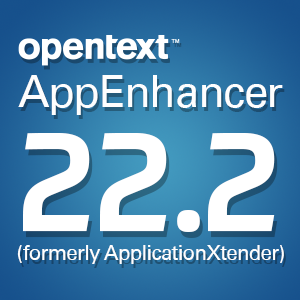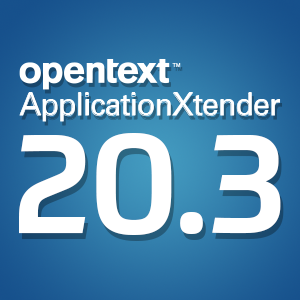St. Clair County Board of Commissioner begin holding meetings with tablets
Tuesday, July 1, 2014The County Board of Commissioners in St. Clair, Michigan, has decided to transition to paperless meetings following Commissioner Bill Gratopp's successful push to have the seven commissioners work on tablets.
Tablets were purchased for those who did not already have one. Four of the commission members use personal devices. Gratopp had been using a tablet for three years, and requested that he be a "guinea pig" for digital meetings – an apparently successful experiment.
"I've been pushing for a paperless system since I've been on the board," Gratopp told The Times Herald, a Michigan-based publication. "It's going to make us better at our jobs, and it's going to make it easier. In the long run, it will also save us time and money."
County Administrator Bill Kauffman told the newspaper that previously there would be days when the board used an entire ream of paper for one meeting. The agendas printed for each were a time-consuming and costly. Gratopp has estimated that the use of tablets will save the county approximately $50 per meeting in labor hours and printing fees.
Why paperless meetings will be advantageous
Physical documents are often costly. According to PricewaterhouseCoopers the labor costs of filing a single document average around $20. Finding a misfiled document runs around $120 while reproducing a lost file can cost as much as $220. The efficiency of document storage solutions can save businesses thousands in ways often never considered.
"It's made things easier, the fact that you can file almost everything and pull it up if you have a question," Gratopp said. "In the past you would have to go through eight feet of packets."
Outright, a small business finance company, writes that costs will be reduced not only through labor hours and printing costs, but also by the opening up of storage spaces. When all your documents are scanned into a single hard drive, instead of being stored in filing cabinets all over the office, not only does physical space become available, but productivity increases. When during the data research process you spend 5 to 15 percent of your time reading information, but 50 percent of it researching – as PricewaterhouseCoopers states – it may be time to look into a productive content management service.
"The road commission have been using them for a while – we need to step forward with technology in this county," Gratopp said. "This is the way things are going. A lot of businesses use these now."
Brought to you by Image One Corporation providing complete information governance since 1994.




